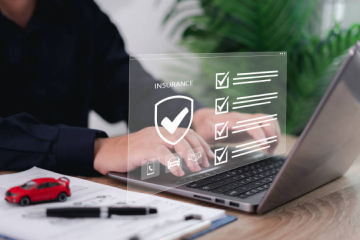Pollution Insurance: Your Guide to
Important Coverages for Pollutions
Find the right Insurance to protect your company from accidental pollution incidents. Pollution Insurance can be part of your General Liability Policy, Auto Liability Policy or Stand Alone.



























